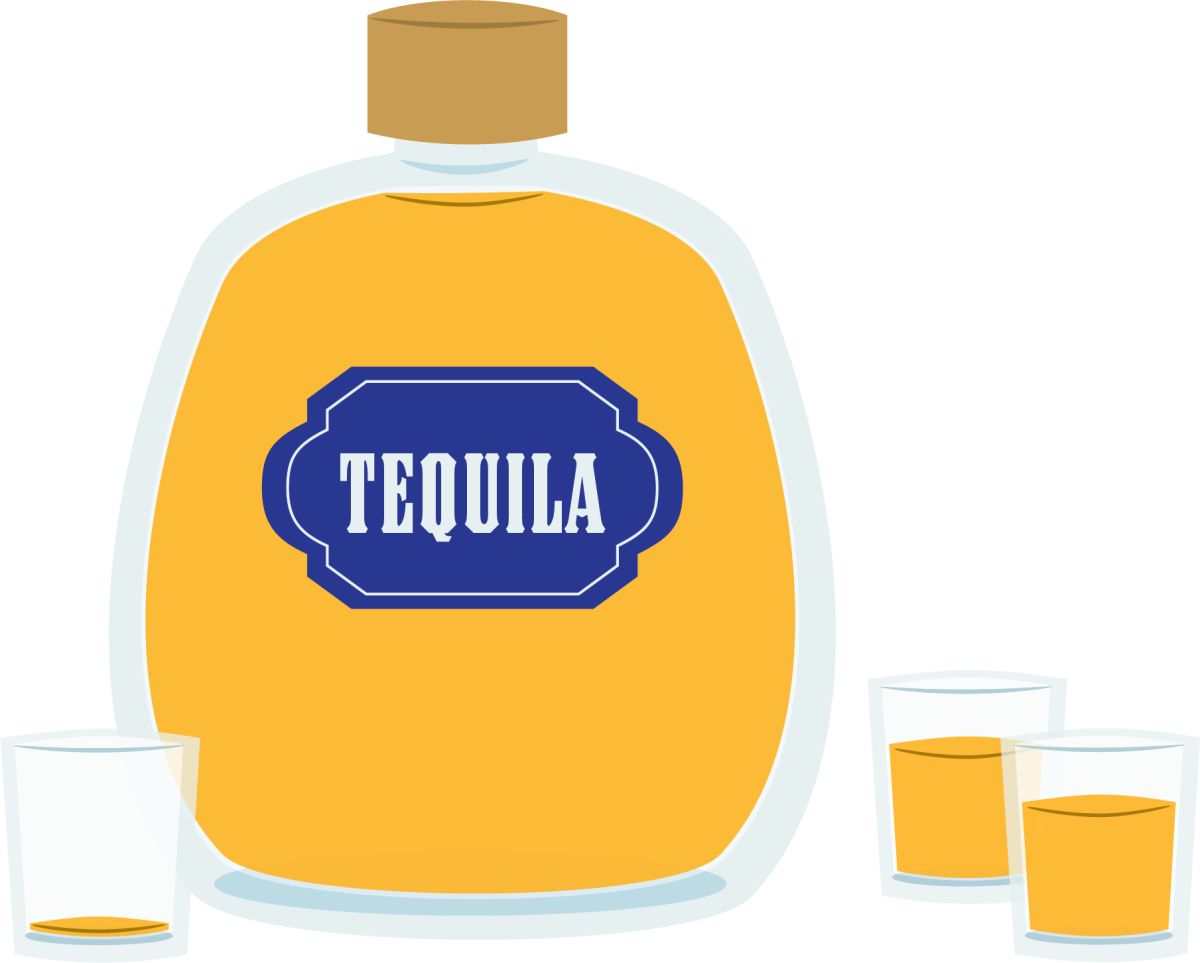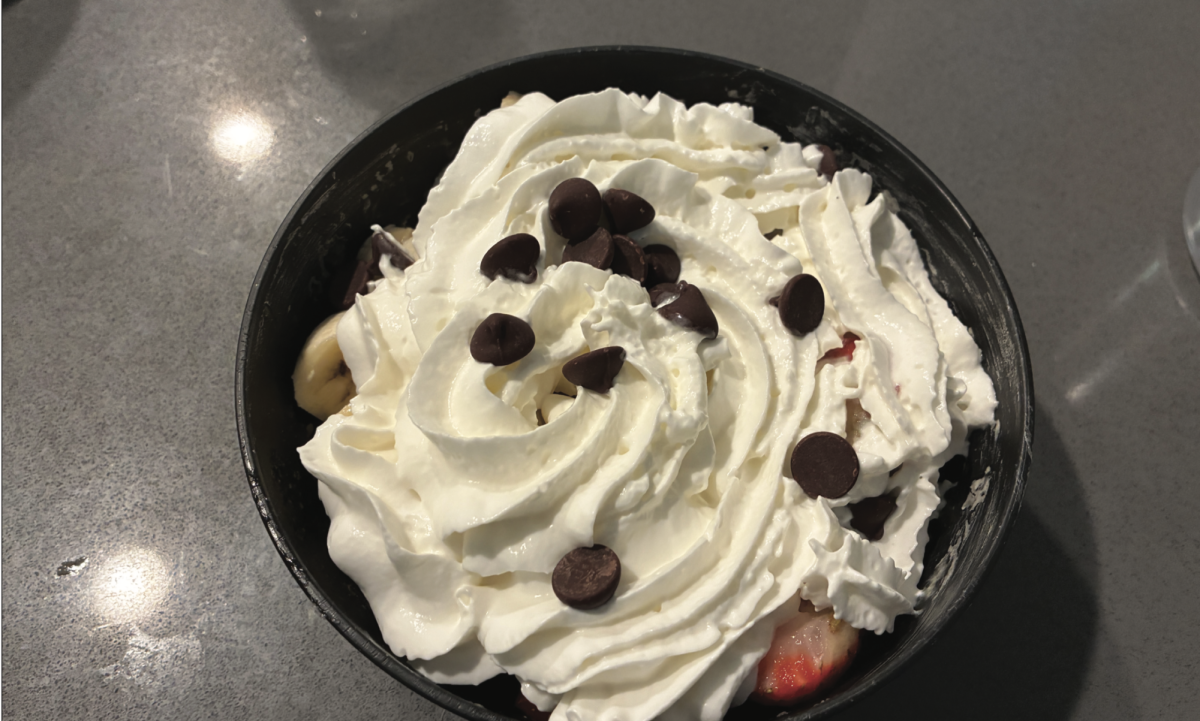Model Kendall Jenner announced the launch of her own tequila brand “818” on Feb. 16.
She explained on social media she’s worked on this project for four years, but Jenner’s new endeavor is distasteful.
Jenner’s tequila is an act of cultural appropriation and demonstrates the entitlement that exists within her family and celebrities alike.
The history of tequila is deep-rooted in Mexican culture. The spirit is not only a significant part of Mexican history and social life, but its production is also deliberate and symbolic.
Generations of family farmers have planted their roots in the state of Jalisco, the heart of Mexican tequila.
The United Nations Educational, Scientific and Cultural Organization added “Agave Landscape and Ancient Industrial Facilities of Tequila” to the World Heritage of Humanity list in 2006.
Agave cultural landscape areas are located in Jalisco and according to a Dec. 9, 2018 Latin America and Caribbean Geographic article, the landscape reflects the working distilleries and growth of tequila consumption in society.
Jimadors, Mexican agave farmers, are the backbone of the central production.
Jose Luis Flores, a long-time farmer, explained his dedication to the craft in a May 3, 2018 ABC article.
“No one can replace us, not even a machine,” Flores said.
Tequila production, specifically the agave plant, has a rich history and unique characteristics.
Agave is cut by hand and the sweet, fragrant juices are extracted to create the distilled beverage.
The process is labor intensive and time consuming.
Many family-owned businesses are responsible for some of the world’s most popular brands including Jose Cuervo.
Jenner doesn’t have any ties to Mexican culture and is taking away from the careful and sacred traditions of these family-owned businesses.
Several Instagram comments said she’s just another white person capitalizing on other cultures.
This is particularly offensive to those who depend on tequila productions to support their families and livelihoods.
Jenner was also accused of a faux pas as she was sipping tequila over ice in her Instagram post, which is not the norm among regular tequila drinkers, according to the outraged Instagram comments.
The Jenner/Kardashian family has a lengthy history of offending and taking advantage of other cultures, including appropriating kimonos, a deeply cultural Japanese clothing item and have repeatedly stolen Black culture, fashion and slang.
Jenner’s 2017 Pepsi Super Bowl ad was also criticized for trivializing the Black Lives Matter (BLM) movement, according to an April 5, 2017 New York Times article.
In the ad, Jenner downplayed the severity of BLM protests by simply handing a police officer a Pepsi and consequently making “peace.”
The scandal did not age well especially because the movement aims to bring justice to Black lives. The commercial suggests that a white woman sharing a soda can resolve the fight for equality.
Her family’s history of insensitivity and performative activism presents no surprise that Jenner didn’t consider the cultural significance of tequila production.
Jenner’s tequila brand “818” pays tribute to the Los Angeles County area code including the affluent city Calabasas, where she resides.
Jennie Molina, a health justice advocate from the San Fernando Valley, expressed her frustration with Jenner’s product in a Wednesday article by the LA Magazine.
“Like many places in Los Angeles, wealthy folks try to erase the real people and culture from the 818 to appeal to white folks and their version of the 818,” Molina said.
Jenner’s decision to use “818” as the brand name demonstrates her privilege as a white woman in the top 1% living in one of California’s richest areas.
Bartender Lucas Assis said in an Instagram post that buying celebrity-owned tequilas is killing the industry because influencers simply reach out to factories and put their name on the bottle, according to the same LA Magazine article.
There are a multitude of Mexican-owned tequila brands people should consider supporting instead of Jenner’s tactless new product.
In the age of recognizing and standing up against racial disparities, it’s crucial to stand by communities that’ve produced tequila as part of their culture for generations.









































